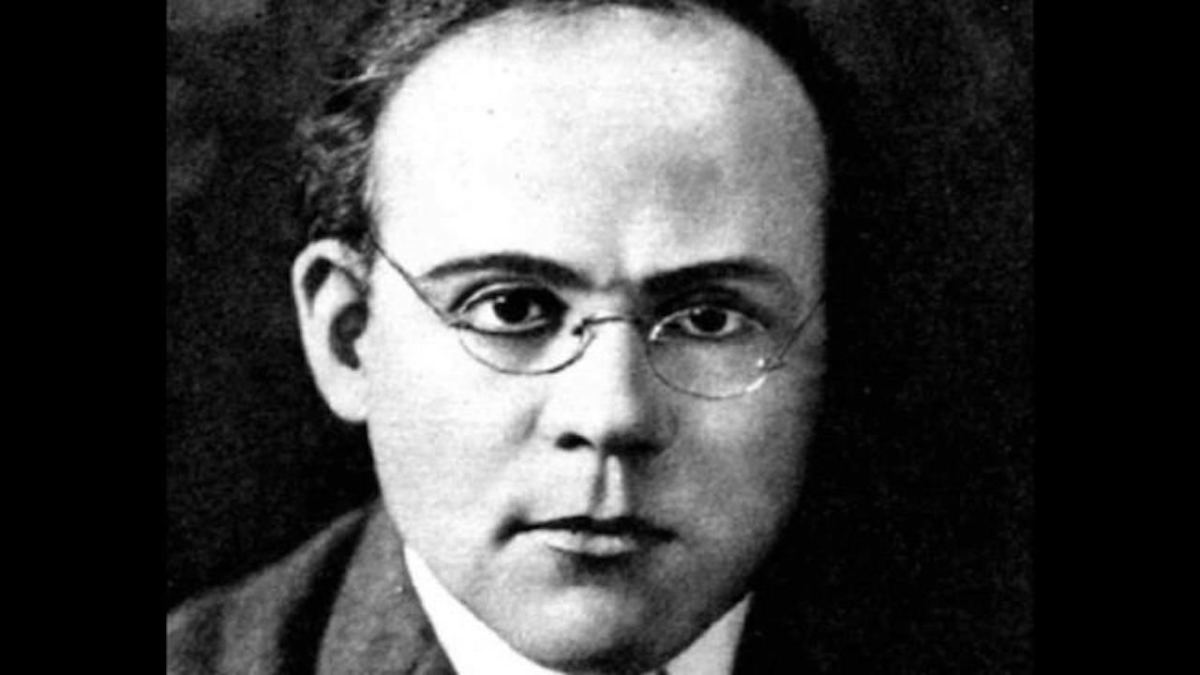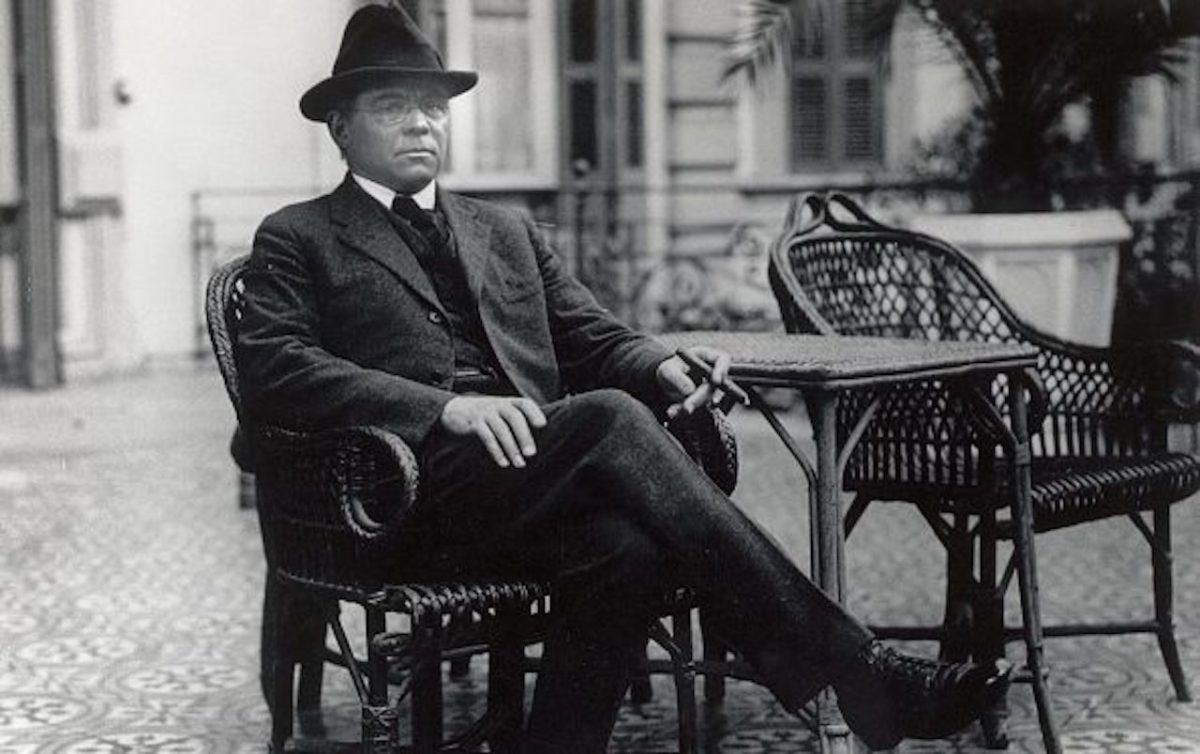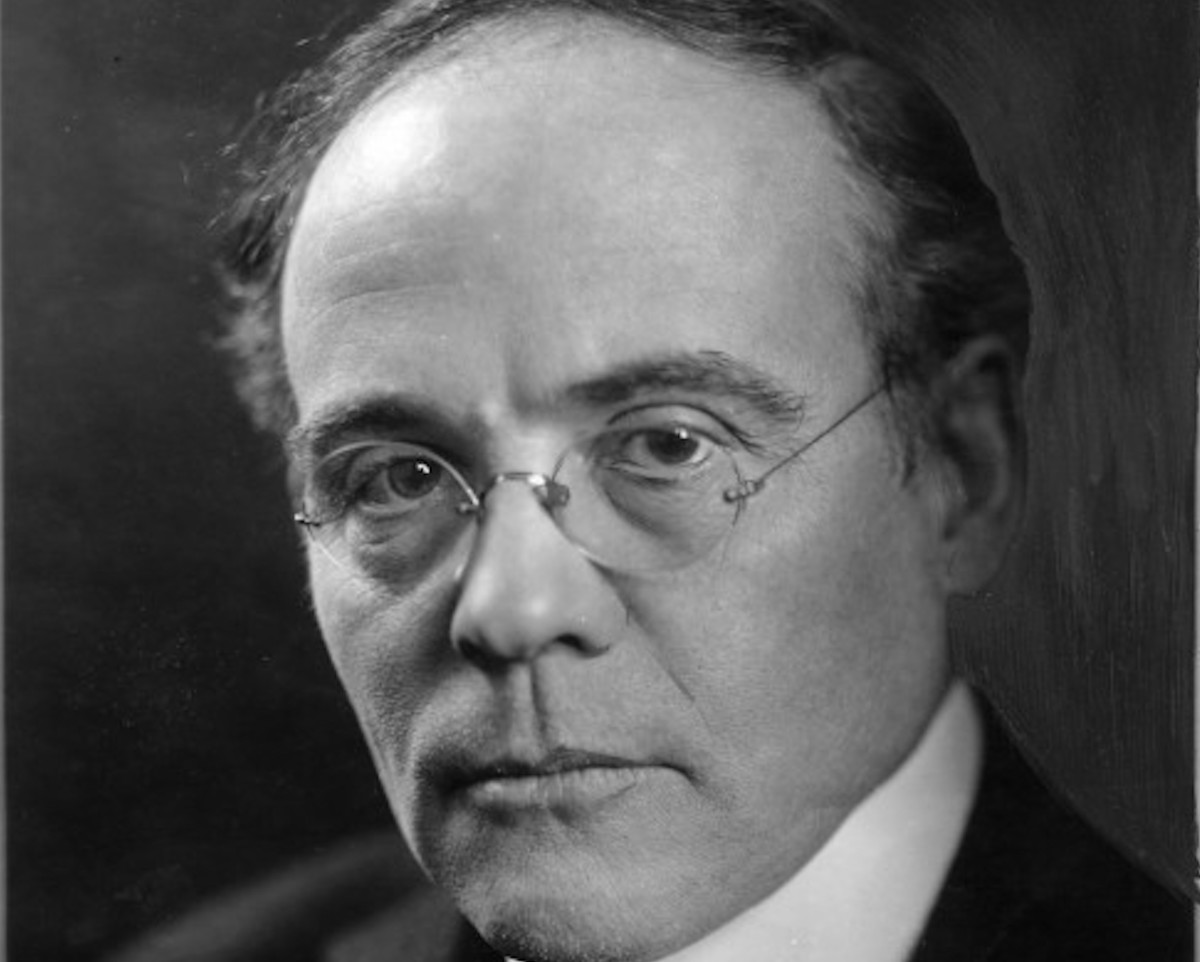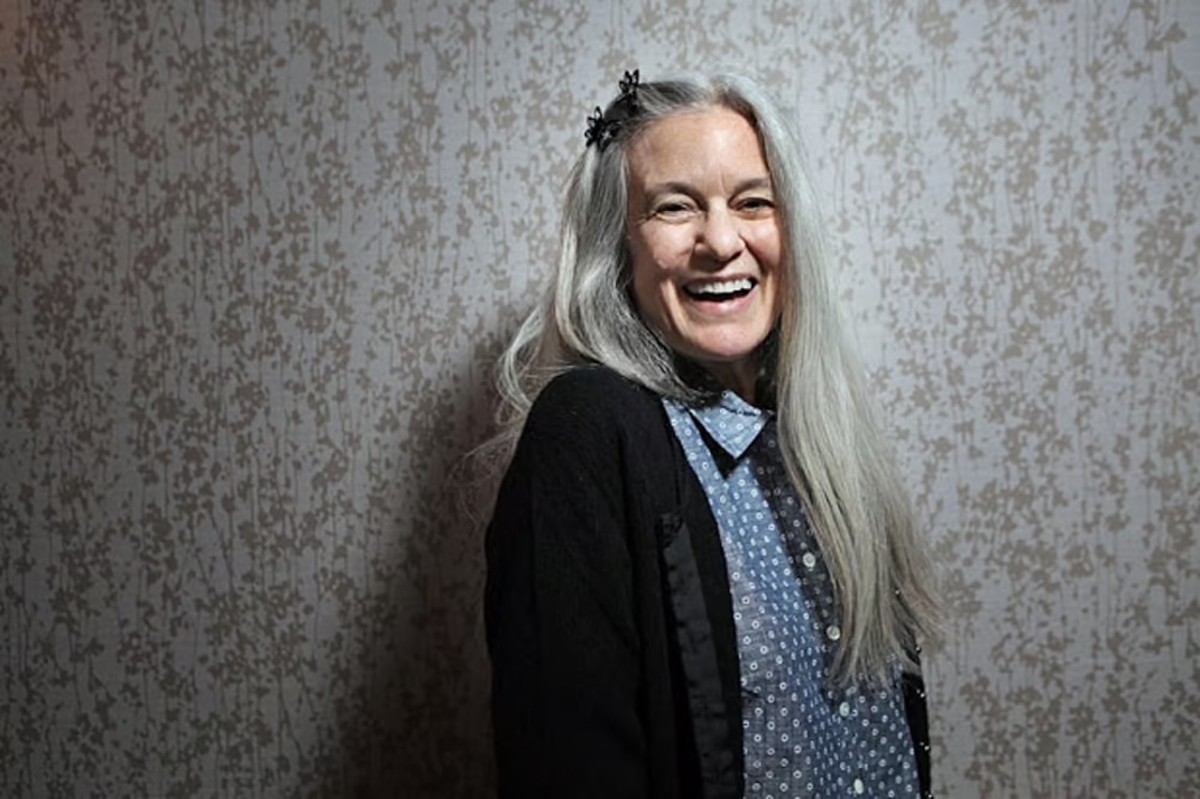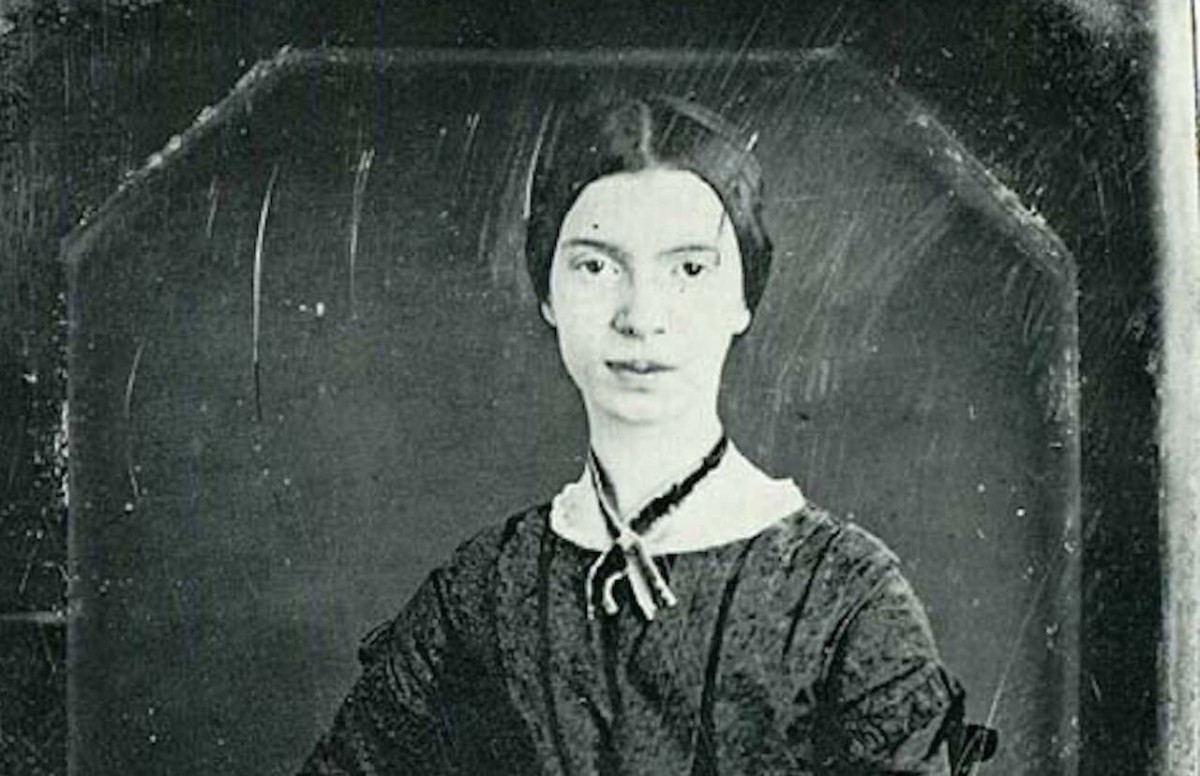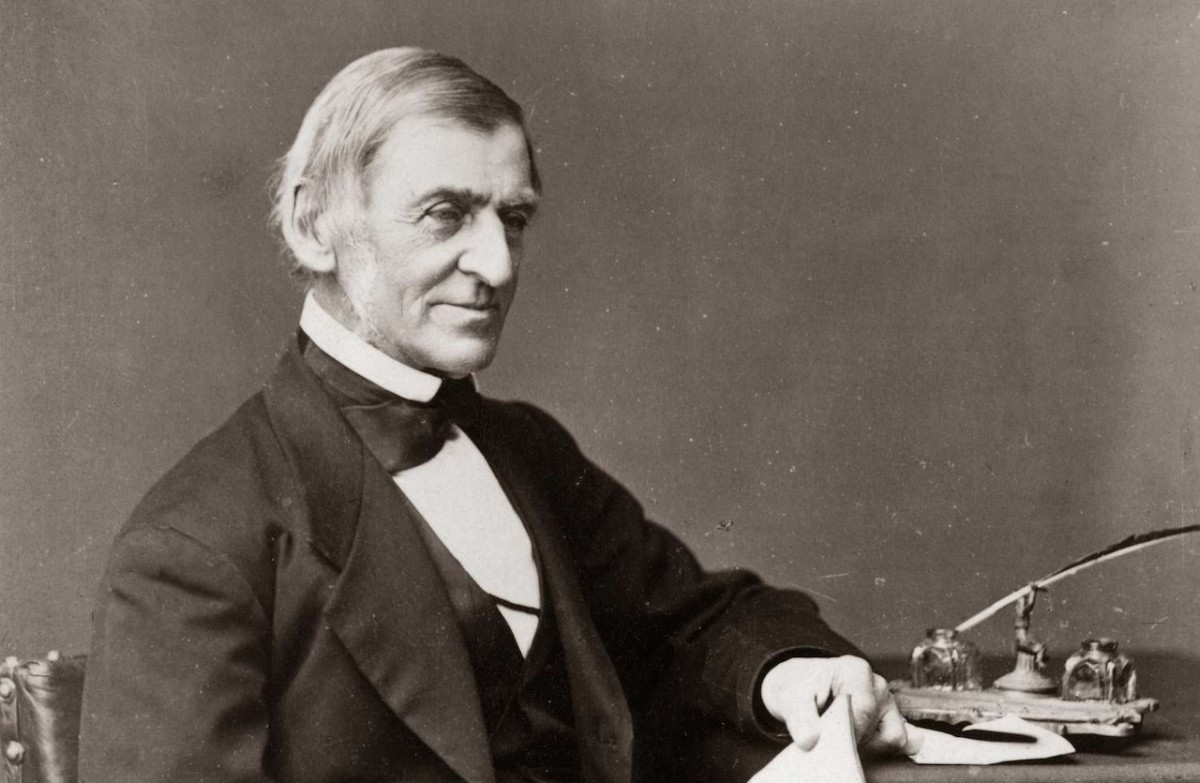Edgar Lee Masters’ "Nancy Knapp"
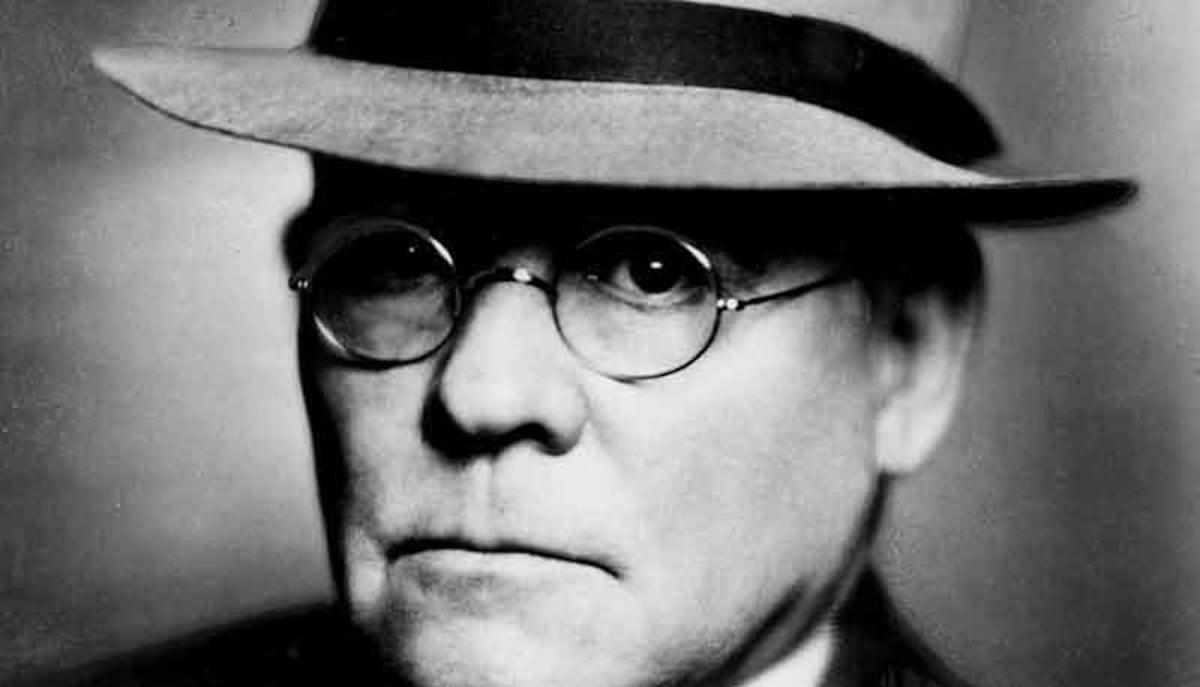
Introduction and Text of "Nancy Knapp"
In Edgar Lee Masters’ "Nancy Knapp" from Spoon River Anthology, the speaker offers a vague report. Most epitaphers reveal how they died, but Nancy does not.
The speaker offers only a glimpse into her life. She is obviously upset with how things turned out. She undoubtedly thinks her siblings-in-law caused her husband and her to have a miserable life.
Nevertheless, Nancy puts forth some interesting images and claims, but they offer no clues about vital facts that would clarify important issues. This epitaph leads its readers to hope that some future speaker will shed more light on this subject as does happen in some of the related series.
Nancy Knapp
Well, don’t you see this was the way of it:
We bought the farm with what he inherited,
And his brothers and sisters accused him of poisoning
His father’s mind against the rest of them.
And we never had any peace with our treasure.
The murrain took the cattle, and the crops failed.
And lightning struck the granary.
So we mortgaged the farm to keep going.
And he grew silent and was worried all the time.
Then some of the neighbors refused to speak to us,
And took sides with his brothers and sisters.
And I had no place to turn, as one may say to himself,
At an earlier time in life; “No matter,
So and so is my friend, or I can shake this off
With a little trip to Decatur.”
Then the dreadfulest smells infested the rooms.
So I set fire to the beds and the old witch-house
Went up in a roar of flame,
As I danced in the yard with waving arms,
While he wept like a freezing steer.
Commentary on "Nancy Knapp"
The epitaph spoken by "Nancy Knapp" remains one of the more baffling reports. While miffed by life's events, Nancy keeps her listener in the dark about important facts that would shed light on how she and her husband died.
First Movement: Addressing Her Husband
Well, don’t you see this was the way of it:
We bought the farm with what he inherited,
And his brothers and sisters accused him of poisoning
His father’s mind against the rest of them.
And we never had any peace with our treasure.
Nancy is speaking of her husband, but she never names him. He will henceforth have to be known simply as Mr. Knapp. She reveals that he inherited enough cash which with they "bought the farm." Interestingly, the expression "bought the farm" has come to mean "die."
The origin of "bought the farm" becoming an idiom for "died" is unknown, but apparently it did not appear as that exact form until 1955. Might the idiom's origin have been Master's use of it in this poem? While various other speculations exist, none is conclusive.
Nancy begins her beef with the fact that her husband's brothers and sisters accused Nancy and Mr. Knapp of turning the old man, Mr. Knapp's father, against them.
Mr. Knapp became the only beneficiary of the father's inheritance. Because of the accusation from the Knapp siblings, Nancy and her husband were unable to enjoy their good fortune. She frames it this way: "we never had any peace with our treasure."
Second Movement: Trials, Tribulations, and Loss
The murrain took the cattle, and the crops failed.
And lightning struck the granary.
So we mortgaged the farm to keep going.
And he grew silent and was worried all the time.
Nancy reports that they lost their cattle to a dreadful disease. They also lost their crops. Then Mother Nature interceded to destroy their granary with lightning. These sorrowful events led to their having to mortgage the farm just "to keep going."
But the sad events lead to Mr. Knapp become depressed. Mr. Knapp stopped talking, and he was filled with worries that led to his depressed state.
Third Movement: Then Things Got Worse
Then some of the neighbors refused to speak to us,
And took sides with his brothers and sisters.
And I had no place to turn, as one may say to himself,
At an earlier time in life; “No matter,
So and so is my friend, or I can shake this off
With a little trip to Decatur.”
Then things got worse. Their neighbors turned against them and would not speak to them.
Those neighbors "took sides with the brothers and sisters" of Mr. Knapp. Nancy, who seems to be in a rambling mood of blabbering, then states that earlier in their lives they could have shaken off their difficulties with a "trip to Decatur."
The speaker implies that now things were so bad that they could no longer soothe their sorrows with distractions such as pleasure trips.
Fourth Movement: Bizarre Confession
Then the dreadfulest smells infested the rooms.
So I set fire to the beds and the old witch-house
Went up in a roar of flame,
As I danced in the yard with waving arms,
While he wept like a freezing steer.
Nancy concludes with a truly bizarre confession. She complains that every room in the house became plagued with "the dreadfulest smells." Unfortunately, she gives no indication of what those smell might be.
Did Mr. Knapp die in the house and his corpse become the source for those "smells"? No, he appears in another odd image at the end of the poem. Did they both just become so downtrodden that they no longer practiced cleanliness and hygienic routines?
This speculation seems the only logical one. Whatever the origin of the smell, Nancy's reaction to them is nothing but disastrous: she burns the house down.
First, she set fire to the "beds." Is she implying that the beds were the origin of all the smells? Did she stop changing the sheets? Then she says that "the old witch-house / Went up in a roar of flame."
She refers to her home as a witch-house, seeming to imply that the place was haunted. But again the speaker's vagueness does not allow the reader much room to speculate about actual events.
Then without adding any clarity to the entire episode or their lives in general, Nancy concocts a stark, raving mad image of herself, dancing and waving her arms out in the yard, as her home burns down.
And while Nancy does her mad dance, her husband is weeping "like a freezing steer." This speaker leaves her listeners not having a clue as to how either she or Mr. Knapp died. Nancy Knapp's report is one of the vaguest and oddest of the Spoon River epitaphs.

Related Edgar Lee Masters Information
- Life Sketch of Edgar Lee Masters Edgar Lee Masters’ American classic Spoon River Anthology brought the poet into the literary spotlight, and no other work from his extensive writings has attracted more attention, including his sequel to Spoon River The New Spoon River.
Commentaries on Edgar Lee Masters Poems
- Edgar Lee Masters’ "The Hill" The poem "The Hill" opens Edgar Lee Masters’ American classic Spoon River Anthology, which is told in a series of dramatic epitaphs by the deceased residents of Spoon River, an imaginary town in Illinois. The work might be considered a character study in poetry.
- Edgar Lee Masters’ "Hod Putt" Hod Putt considered himself a loser in life, but he envied those who were successful.
- Edgar Lee Masters’ "Fiddler Jones" and "Barney Hainsfeather" Fiddler Jones is one of the less melancholy figures of Spoon River, though he has his trials as well. Barney Hainsfeather's epitaph reveals a unique complaint of a man who laments being buried in the wrong cemetery.
- Edgar Lee Masters’ "Robert Fulton Tanner" Fulton is a pathetic character, who discovers that literally building a better mouse trap might only provide a cliché to fling at this thing vaguely called "Life."
The "Minerva Jones" Sequence
- "Minerva Jones" The "Minerva Jones" epitaph features one of the most depraved characters of the Spoon River talking dead. She is self-absorbed and haughty, lacking empathy and self-awareness, causing her to remain ignorant of her own discordant thoughts.
- "'Indignation' Jones" In the second epitaph of the "Minerva" series, the poetess’ father, "Indignation" Jones, fulminates against Spoon River society.
- "Doctor Meyers" The third epitaph in the Minerva Jones series features "Doctor Meyers," who performed the abortion that led to the death of the unfortunate poetess.
- "Mrs. Meyers" In the fourth epitaph in this series,"Mrs. Meyers," Dr. Meyers' wife testifies that her husband, whom she calls "poor soul," reaped what he sowed for his actions in life. The religious woman offers advice for a pleasant and peaceful life, reminding humanity to "Love God and keep his commandments."
- "'Butch' Weldy" The fifth and final epitaph "'Butch' Weldy" concludes the "Minerva" series. Butch declaims about his ordeal after a work related accident—with nary a nod to Minerva.
The Pantier Sequence
- "Benjamin Pantier" and "Mrs. Benjamin Pantier" Unbridled arrogance, overweening vanity along with cowardly weakness have combined to bring about the destruction of the marriage of Mr. and Mrs. Benjamin Pantier. The husband appears to be weakling allowing himself to be cowed by his wife, an arrogant bully.
- "Reuben Pantier" Reuben Pantier's colorful character helps dramatize the power of spiritual love for healing the mind, heart, and soul, even through the distance of miles and decades. Reuben is the son of the dysfunctional couple Mr. and Mrs. Benjamin Pantier.
- "Emily Sparks" The epitaph "Emily Sparks" in Edgar Lee Masters’ American classic Spoon River Anthology is the fourth entry in the sequence of five epitaphs featuring a dysfunctional couple, their son, and the latter’s influential mentor.
- "Trainor, the Druggist" Edgar Lee Masters’ "Trainor, the Druggist" from the American classic Spoon River Anthology offers a final installment covering the pitiful story of the Pantiers: Mr. and Mrs. Benjamin Pantier and their son Reuben.
This content is accurate and true to the best of the author’s knowledge and is not meant to substitute for formal and individualized advice from a qualified professional.
© 2025 Linda Sue Grimes

